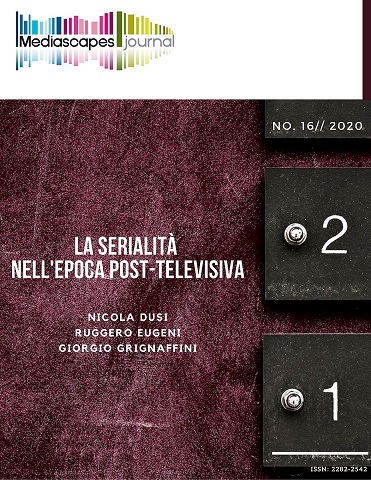Digital Animal Advocacy: A Study on Facebook Communication Styles of Italian Animal Rights Organizations and their Followers’ Reactions
Parole chiave:
Animal Rights Movement, Digital Activism, Social Media, Correspondence AnalysisAbstract
Despite online media having become an increasingly valuable tool for social movements to achieve their goals, the digital presence of animal advocacy organizations is still under-explored. This paper contributes to fill the gap by analyzing the social media communication of Italian animal advocates against the backdrop of a typology developed in the offline context that distinguishes political, anarchist, anti-political and mainstream animal advocacy. By using text and data mining techniques, the Facebook pages of eight Italian organizations representative of each type of advocacy were analyzed, based on over 7,000 posts and followers’ reactions. The findings complicated the offline typology by showing elements of continuity, discontinuity and hybridization between offline and online activism. They also shed light on the online communication of animal advocates and provided some initial insight into how online media can affect animal rights activism, thus providing a contribution to the emerging field of digital media and social movement studies.
##submission.downloads##
Pubblicato
Come citare
Fascicolo
Sezione
Licenza
Gli autori che pubblicano su questa rivista accettano le seguenti condizioni:
- Gli autori mantengono i diritti sulla loro opera e cedono alla rivista il diritto di prima pubblicazione dell'opera, contemporaneamente licenziata sotto una Licenza Creative Commons - Attribuzione che permette ad altri di condividere l'opera indicando la paternità intellettuale e la prima pubblicazione su questa rivista.
- Gli autori possono aderire ad altri accordi di licenza non esclusiva per la distribuzione della versione dell'opera pubblicata (es. depositarla in un archivio istituzionale o pubblicarla in una monografia), a patto di indicare che la prima pubblicazione è avvenuta su questa rivista.
- Gli autori possono diffondere la loro opera online (es. in repository istituzionali o nel loro sito web) prima e durante il processo di submission, poiché può portare a scambi produttivi e aumentare le citazioni dell'opera pubblicata (Vedi The Effect of Open Access).


